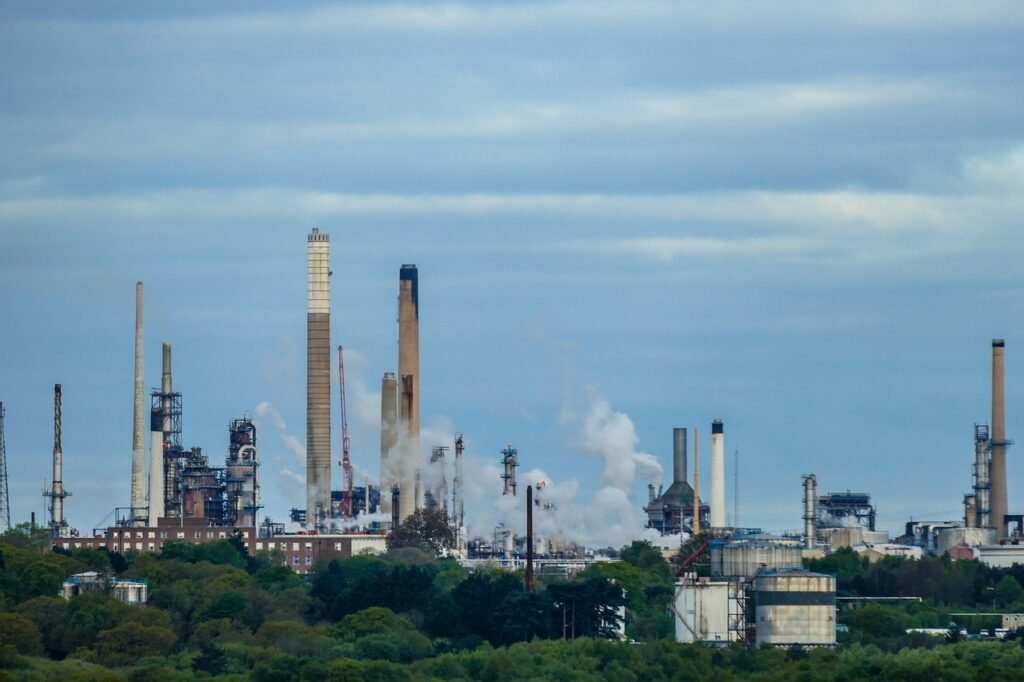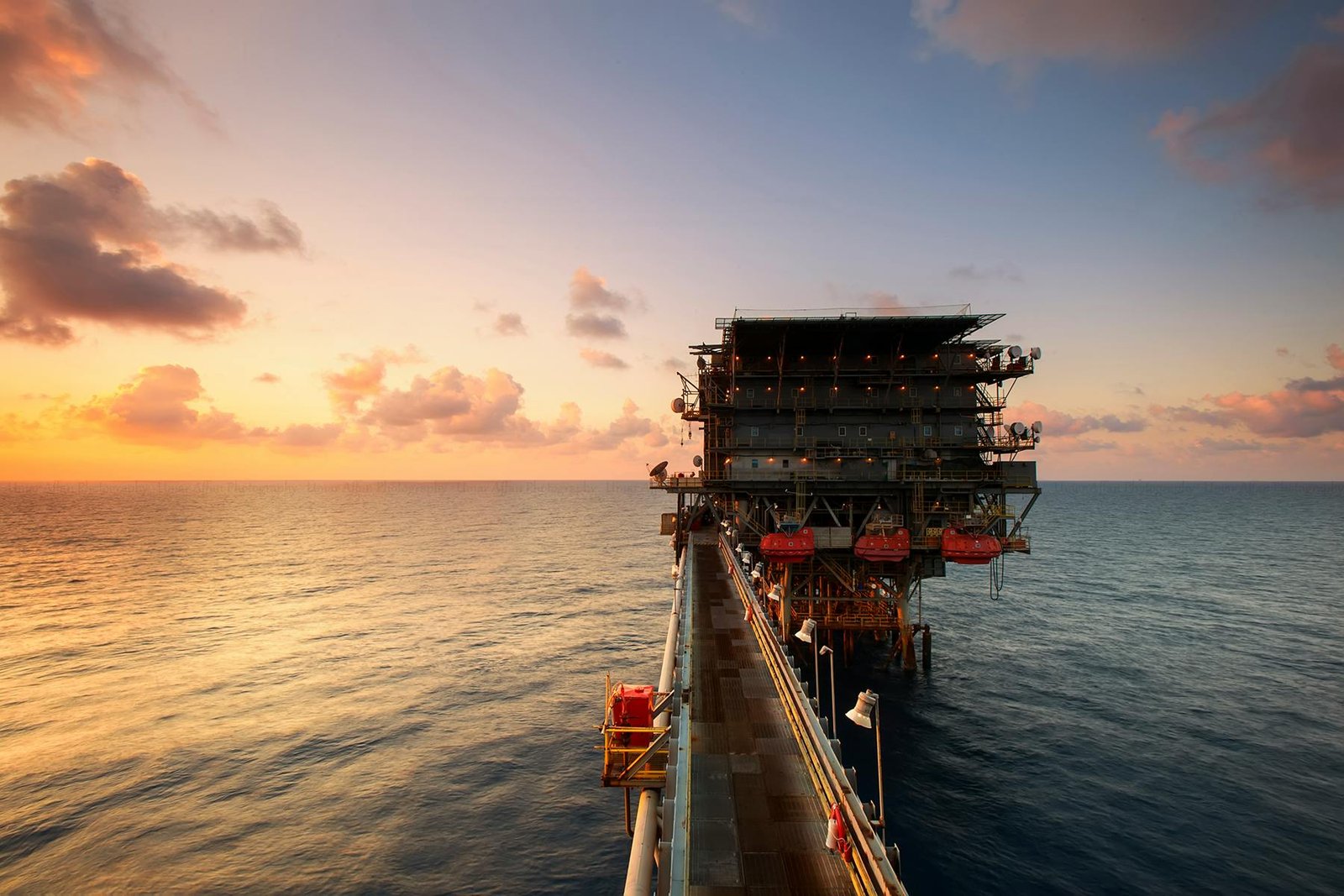Oil is the backbone of modern economies. From powering vehicles to serving as the feedstock for plastics and chemicals, petroleum has shaped industries, geopolitics, and global trade. While dozens of countries produce oil, only a handful control the majority of proven reserves. In this article, we’ll look at which nations hold the most oil underground and how much they contribute to the world’s oil sales.
What Are Proven Oil Reserves?
Proven oil reserves are quantities of petroleum that geological and engineering data demonstrate with reasonable certainty to be recoverable under existing economic and operational conditions.
The size of reserves doesn’t automatically translate into production capacity; factors like infrastructure, investment, and politics influence how much oil can be brought to market.
Top Countries by Proven Oil Reserves
Below is an overview of the countries with the largest proven crude oil reserves as of recent international assessments (estimates are in billions of barrels):
| Rank | Country | Proven Oil Reserves (Billion Barrels) | Approximate Share of Global Reserves (%) |
|---|---|---|---|
| 1 | Venezuela | 303 | ~17.5% |
| 2 | Saudi Arabia | 267 | ~15.4% |
| 3 | Canada | 171 | ~9.9% |
| 4 | Iran | 155 | ~9.0% |
| 5 | Iraq | 145 | ~8.4% |
| 6 | Russia | 108 | ~6.2% |
| 7 | Kuwait | 102 | ~5.9% |
| 8 | United Arab Emirates | 98 | ~5.7% |
| 9 | United States | 69 | ~4.0% |
| 10 | Libya | 48 | ~2.8% |
These ten countries together hold roughly 80% of all proven oil reserves in the world.
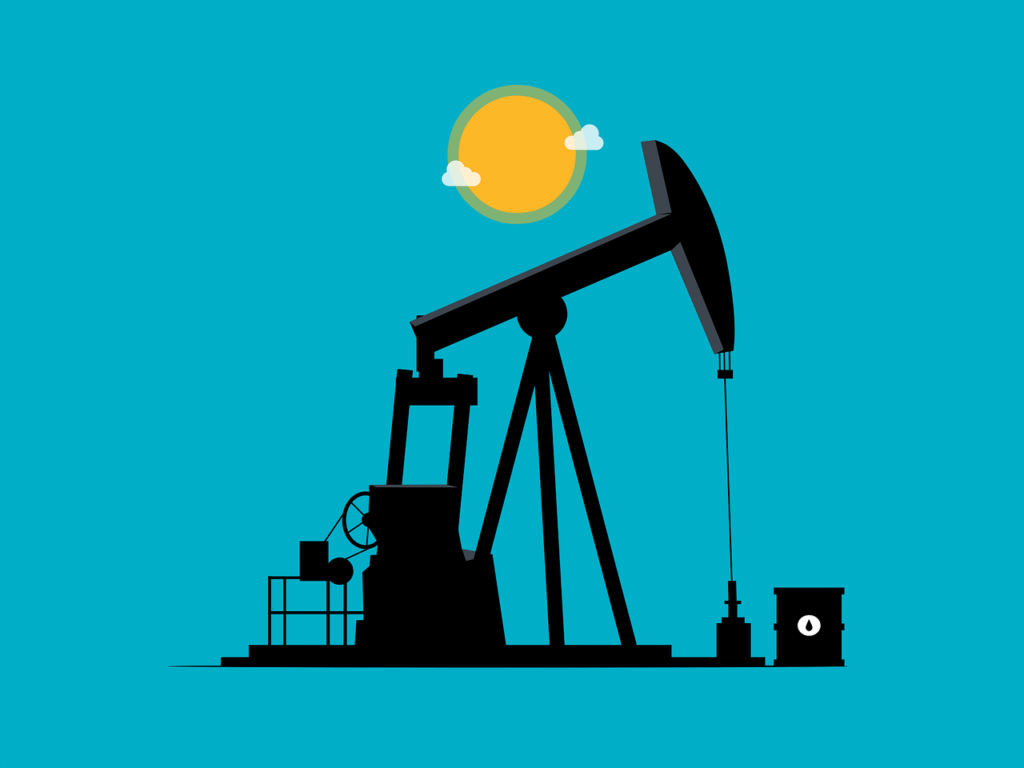
What Percentage of Global Oil Sales Do They Represent?
While reserves are a measure of what’s underground, production and exports are what drive revenues. For example, Venezuela has the largest reserves but struggles with infrastructure, sanctions, and political instability, so its contribution to global exports is relatively small.
Conversely, Saudi Arabia consistently ranks as one of the top exporters, selling millions of barrels daily.
Here’s a simplified look at estimated contributions to global crude oil sales volume:
| Country | Estimated Share of Global Oil Exports (%) |
|---|---|
| Saudi Arabia | ~17% |
| Russia | ~11% |
| Iraq | ~8% |
| United States | ~7% (mostly due to shale and refined products) |
| UAE | ~6% |
| Kuwait | ~5% |
| Iran | ~4% (variable due to sanctions) |
| Nigeria | ~4% |
| Venezuela | ~2% |
| Libya | ~2% |
Note: These numbers fluctuate with sanctions, investment cycles, OPEC+ quotas, and geopolitical events.
Why Do Reserves and Exports Differ?
Infrastructure and technology:
Countries like the United States use advanced extraction technologies (e.g., shale fracking), allowing them to produce at high rates despite smaller reserves.
Political stability:
Saudi Arabia has invested heavily in production capacity. Venezuela, despite huge reserves, has seen production collapse.
Sanctions and market access:
Iran and Venezuela face sanctions that limit their ability to export oil freely.
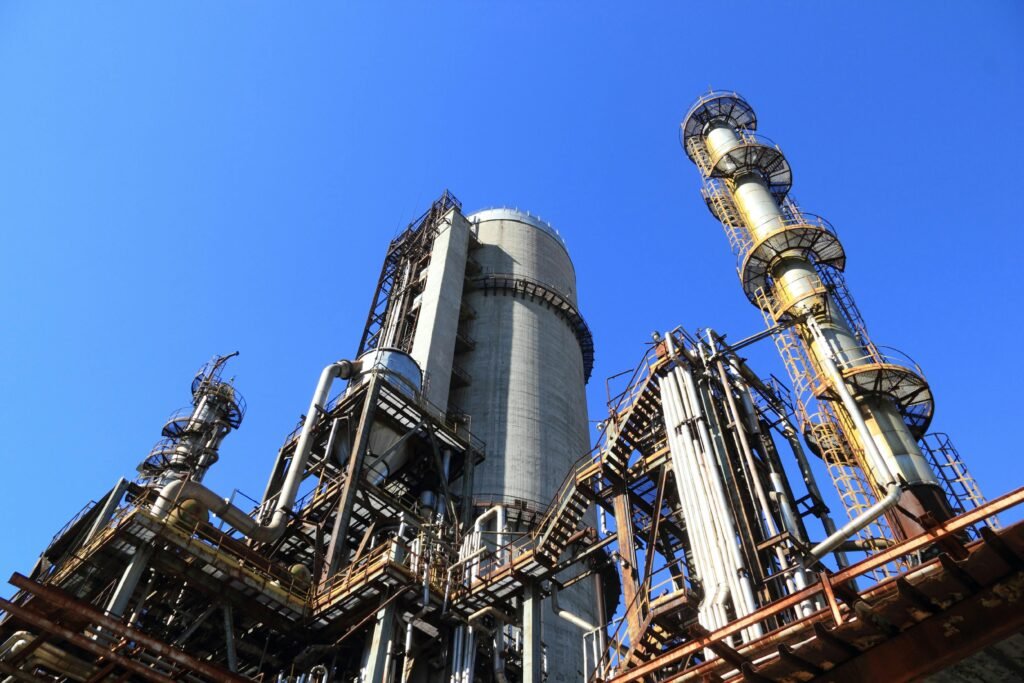
The Role of OPEC
Many top reserve holders are members of OPEC (Organization of the Petroleum Exporting Countries), which coordinates policies and quotas to influence oil prices. OPEC members collectively hold about 70% of proven reserves and control roughly 40% of current production.
OPEC+ includes Russia and other producers who collaborate to manage supply.
Why Does It Matter Which Countries Have the Most Oil?
1. Energy Security:
Nations dependent on imports are sensitive to disruptions in these key exporters.
2. Pricing Power:
Large reserves translate into long-term market influence.
3. Economic Development:
Countries like Saudi Arabia and the UAE have used oil wealth to invest in infrastructure, education, and diversification projects.
4. Geopolitical Leverage:
Oil exporters can use supply as a diplomatic tool.
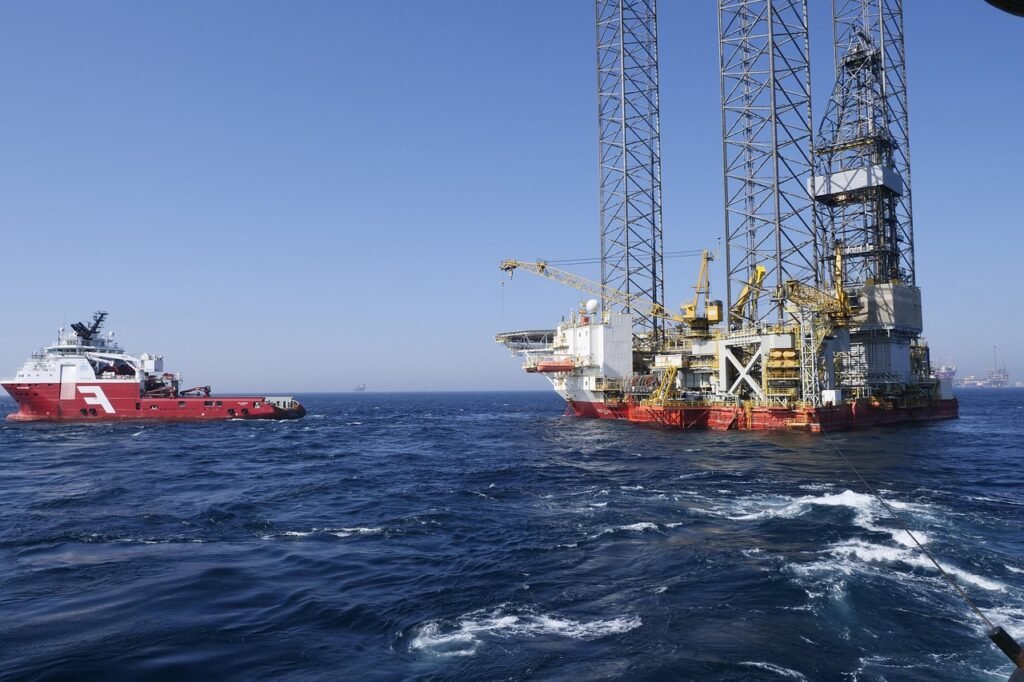
Future Outlook: Are Reserves Still King?
While proven reserves remain a strategic asset, the energy transition is accelerating. Renewables, electric vehicles, and climate policies are expected to gradually reduce demand growth. However, petroleum will likely remain critical in petrochemicals, aviation, and heavy transport for decades.
Conclusion
Oil reserves are unevenly distributed, and only a few countries hold most of the planet’s known underground wealth. These nations, particularly Saudi Arabia, Venezuela, Iran, and Iraq, will continue to shape energy markets and international relations for the foreseeable future.
If your business relies on international trade or transport, understanding these dynamics is essential for planning, risk management, and cost forecasting.
Need a professional website to grow your business across the EU?
👉 Rakuzan.eu provides digital business solutions tailored for entrepreneurs — website development, optimization, and more.
And if you’re launching online, make sure your hosting is fast and reliable.
👉 Hostinger to get started quickly and affordably.
Disclaimer: This article is for informational purposes only and does not constitute financial, tax, or investment advice. Readers should consult with a licensed professional before making any financial or business decisions.
